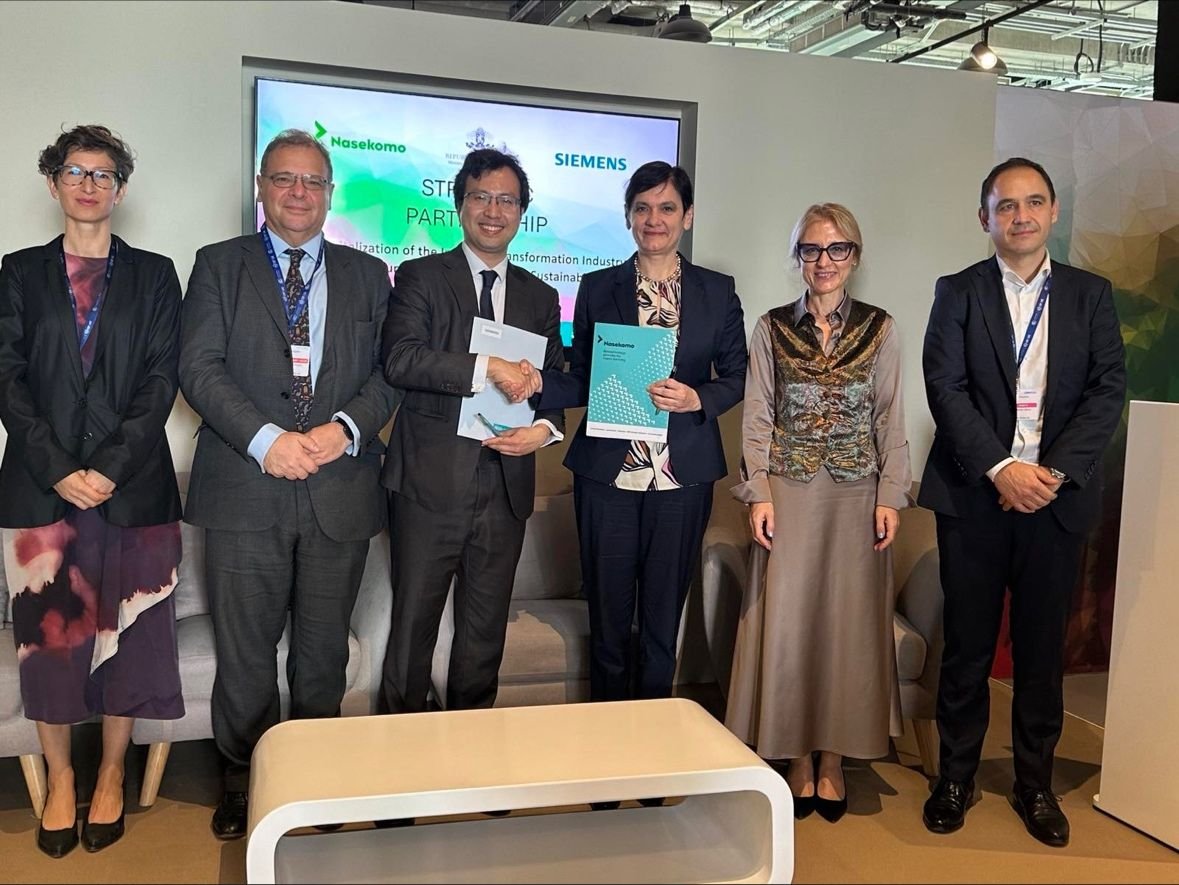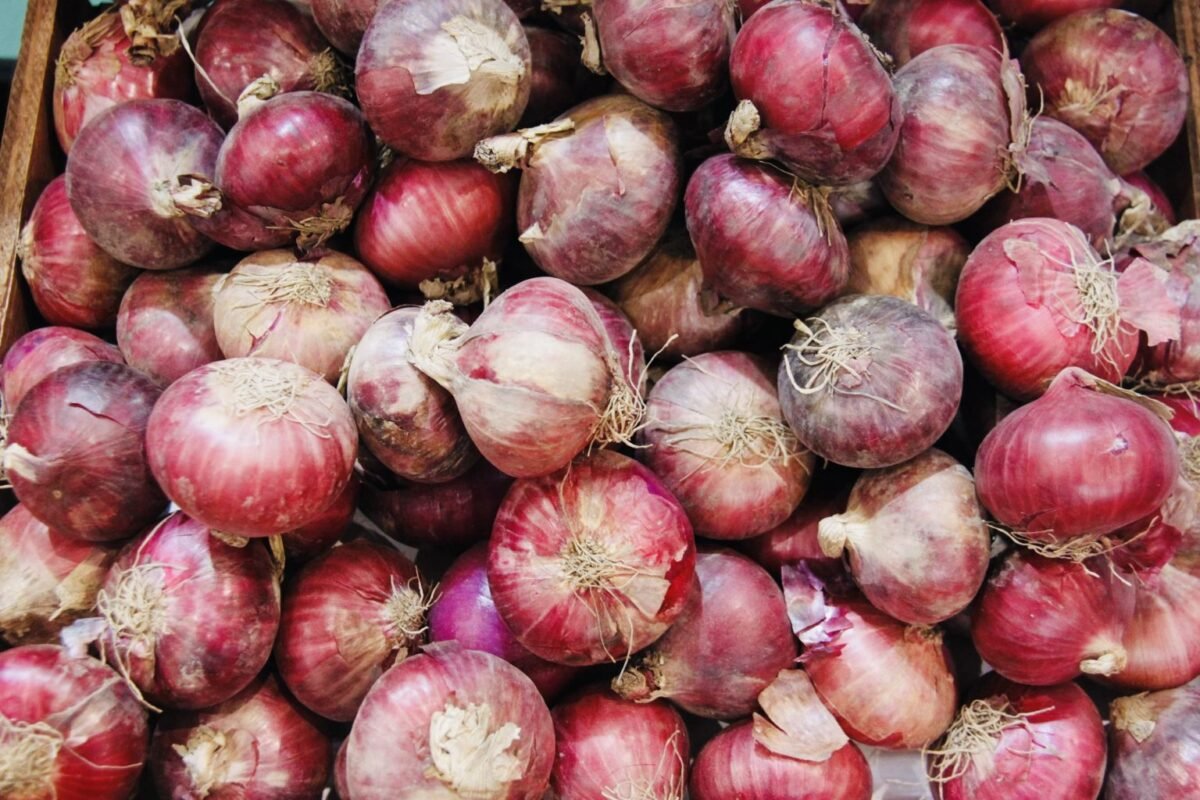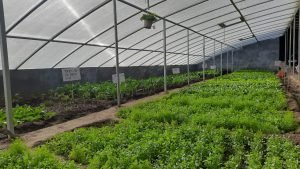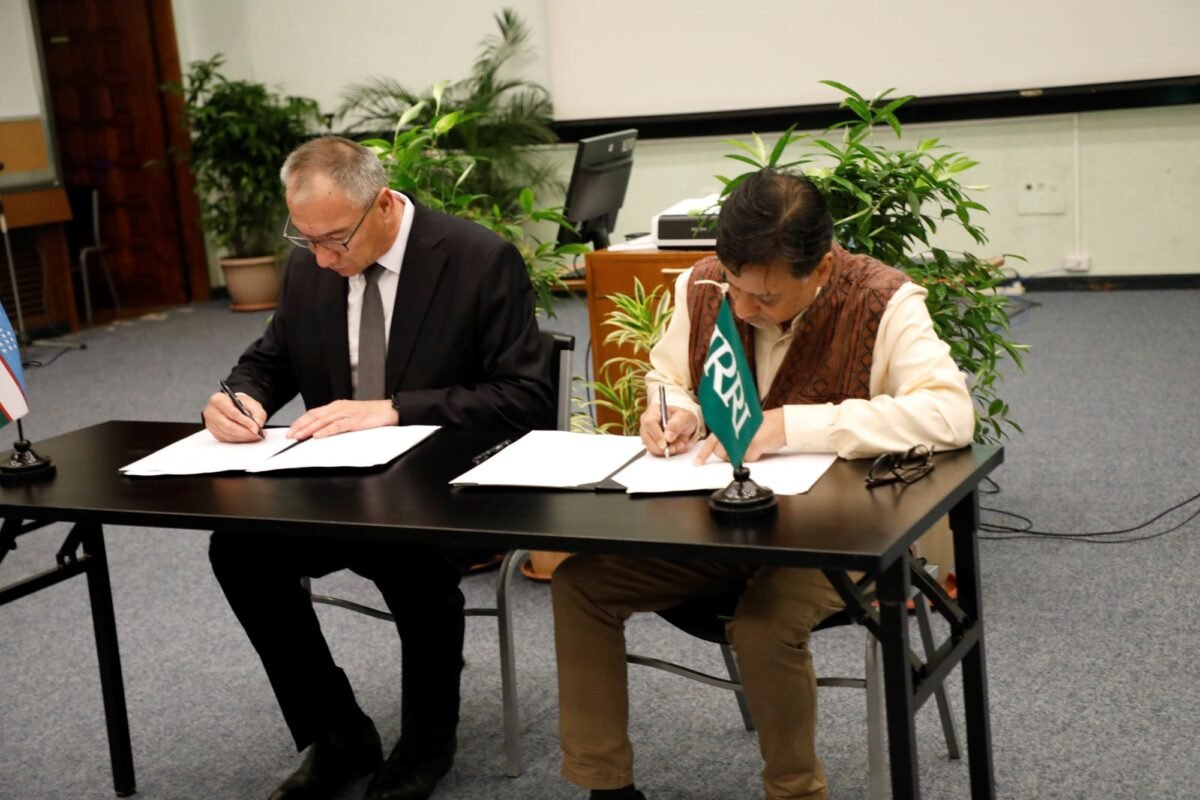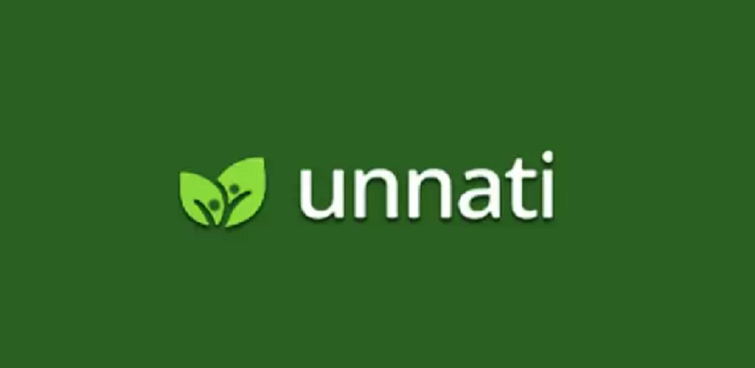International workshop at BITS Pilani Goa sheds light on forestry and agroforestry strategies
The primary objective of the workshop was to formulate a comprehensive roadmap or guideline document for assessing the pivotal role of forestry and agroforestry-based strategies in supporting national Net Zero Goals
The Department of Humanities and Social Sciences of BITS Pilani Goa, in partnership with the IUCN CEM Forest Specialist Group, CEM South Asia, the Goa State Biodiversity Board, and CEEW, New Delhi has successfully hosted a One-day International Consultative Workshop titled ” ‘Role Of Forestry, Agroforestry, And Land Restoration in Achieving Net Zero in the Asian Region’.
The primary objective of the workshop was to formulate a comprehensive roadmap or guideline document for assessing the pivotal role of forestry and agroforestry-based strategies in supporting national Net Zero Goals. Furthermore, the workshop aimed to identify challenges, hurdles, and roadblocks hindering the realisation of mitigation potential from these sectors. It also sought to foster collaboration and partnerships among various organizations in Asia dedicated to these sectors.
The event saw participation from distinguished guests like Professor Mohan Kumar B, Former Vice Chancellor of Arunachal University and one of the authors of the National Agroforestry Policy, and Prof. Amit Garg, Professor, of the Indian Institute of Management, Ahmedabad. The event also witnessed the participation of Namgyel Wangdi, Senior Programme Officer of Bhutan Ecological Society, as a speaker. Wangdi shared insightful perspectives on Bhutan’s remarkable success in attaining the Net Zero goal, emphasizing the significant contribution of the forest sector. The workshop welcomed the Chief Wildlife warden of the State of Goa Umakant and Dr Pradip V Sarmokdam, Nodal Officer, Climate Change, State of Goa. Additionally, the workshop welcomed Anindya Bhattacharya, Celestial Earth, the agency entrusted with formulating the Net Zero Strategy for the state of Goa.
The primary objective of the workshop was



